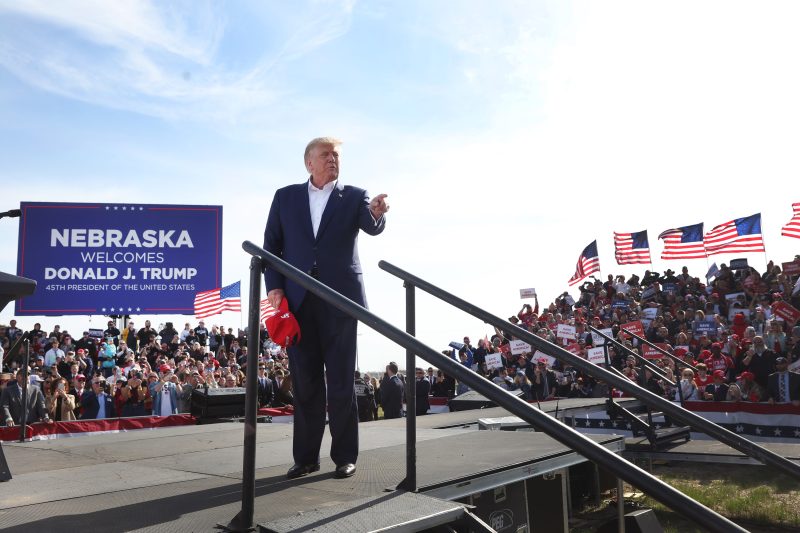In a swirling vortex of charges, allegations, and conspiracy theories following the 2020 United States presidential election, the Electoral College has emerged as a focal point of intense scrutiny and debate. As the battleground for diverging interpretations of the election results, the Electoral College stands at the center of a heated conflict over fairness, transparency, and democracy itself.
The Electoral College, a complex system established by the framers of the U.S. Constitution, is designed to balance the interests of states with differing populations and prevent a tyranny of the majority. Proponents argue that it ensures a voice for less populous states and prevents presidential candidates from focusing solely on highly populated regions. However, critics point to its potential to undermine the principle of one person, one vote, and argue that it can lead to situations where the candidate who wins the popular vote does not become president, as illustrated by the 2000 and 2016 elections.
The controversy surrounding the Electoral College has reached a fever pitch in the aftermath of the 2020 election, where President Donald Trump and his supporters have raised a litany of allegations of voter fraud and irregularities. Trump’s legal team has filed numerous lawsuits in battleground states, seeking to challenge the results and overturn the outcome of the election. Central to these efforts is the claim that the Electoral College process was tainted by widespread fraud and malfeasance.
Critics of Trump’s narrative have pushed back against these claims, emphasizing that the election was conducted fairly and transparently. They argue that the Electoral College accurately reflected the will of the American people, as demonstrated by President-elect Joe Biden’s decisive victory in both the popular vote and the Electoral College. Moreover, they contend that Trump’s refusal to accept the outcome is damaging to the country’s democratic norms and institutions, setting a dangerous precedent for future elections.
As the drama surrounding the Electoral College unfolds, it has laid bare the deep divisions within American society and the erosion of trust in democratic processes. The intense focus on the Electoral College and its role in the election has underscored the need for a broader conversation about electoral reform and the future of American democracy. Whether the Electoral College will continue to serve as a bulwark against the tyranny of the majority or as a relic of a bygone era remains to be seen, but one thing is certain: its role in shaping the outcome of the 2020 election will be remembered as a pivotal moment in American history.
